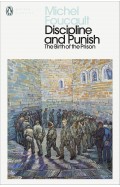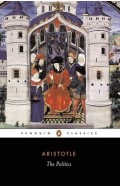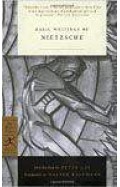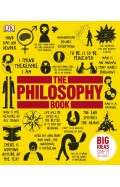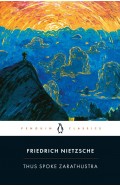- Home
- Books
- Young Adults
- Fiction
- Classics
- Fear and Trembling - Dialectical Lyric by Johannes De Silentio
Fear and Trembling - Dialectical Lyric by Johannes De Silentio
By: Soren Kierkegaard
-
Rs 2,495.00
Due to constant currency fluctuation, prices are subject to change with or without notice.
Writing under the pseudonym of "Johannes de silentio," Kierkegaard expounds his personal view of religion through a discussion of the scene in Genesis in which Abraham prepares to sacrifice his son Isaac at God's command. Believing Abraham's unreserved obedience to be the essential leap of faith needed to make a full commitment to his religion, Kierkegaard himself made great sacrifices in order to dedicate his life entirely to his philosophy and to God. The conviction shown in this religious polemic—that a man can have an exceptional mission in life—informed all Kierkegaard's later writings. His "teleological suspension of the ethical" challenged the contemporary views of Hegel's universal moral system, and was also hugely influential for both protestant theology and the existentialist movement.
Alastair Hannay's introduction evaluates Kierkegaard's philosophy and the ways in which it conflicted with more accepted contemporary views. This edition also includes detailed notes to complement this groundbreaking analysis of religion, and a new chronology.
For more than seventy years, Penguin has been the leading publisher of classic literature in the English-speaking world. With more than 1,700 titles, Penguin Classics represents a global bookshelf of the best works throughout history and across genres and disciplines. Readers trust the series to provide authoritative texts enhanced by introductions and notes by distinguished scholars and contemporary authors, as well as up-to-date translations by award-winning translators.
Writing under the pseudonym of "Johannes de silentio," Kierkegaard expounds his personal view of religion through a discussion of the scene in Genesis in which Abraham prepares to sacrifice his son Isaac at God's command. Believing Abraham's unreserved obedience to be the essential leap of faith needed to make a full commitment to his religion, Kierkegaard himself made great sacrifices in order to dedicate his life entirely to his philosophy and to God. The conviction shown in this religious polemic—that a man can have an exceptional mission in life—informed all Kierkegaard's later writings. His "teleological suspension of the ethical" challenged the contemporary views of Hegel's universal moral system, and was also hugely influential for both protestant theology and the existentialist movement.
Alastair Hannay's introduction evaluates Kierkegaard's philosophy and the ways in which it conflicted with more accepted contemporary views. This edition also includes detailed notes to complement this groundbreaking analysis of religion, and a new chronology.
For more than seventy years, Penguin has been the leading publisher of classic literature in the English-speaking world. With more than 1,700 titles, Penguin Classics represents a global bookshelf of the best works throughout history and across genres and disciplines. Readers trust the series to provide authoritative texts enhanced by introductions and notes by distinguished scholars and contemporary authors, as well as up-to-date translations by award-winning translators.
Fear and Trembling - Dialectical Lyric by Johannes De Silentio
By: Soren Kierkegaard
Rs 2,495.00 Ex Tax :Rs 2,495.00
Zubin Mehta: A Musical Journey (An Authorized Biography)
By: VOID - Bakhtiar K. Dadabhoy
Rs 840.00 Rs 1,050.00 Ex Tax :Rs 840.00
The Quest For Meaning: Developing A Philosophy Of Pluralism
By: Tariq Ramadan
Rs 1,116.00 Rs 1,395.00 Ex Tax :Rs 1,116.00
No recently viewed books available at the moment.
Zubin Mehta: A Musical Journey (An Authorized Biography)
By: VOID - Bakhtiar K. Dadabhoy
Rs 840.00 Rs 1,050.00 Ex Tax :Rs 840.00
Fear and Trembling - Dialectical Lyric by Johannes De Silentio
By: Soren Kierkegaard
Rs 2,495.00 Ex Tax :Rs 2,495.00












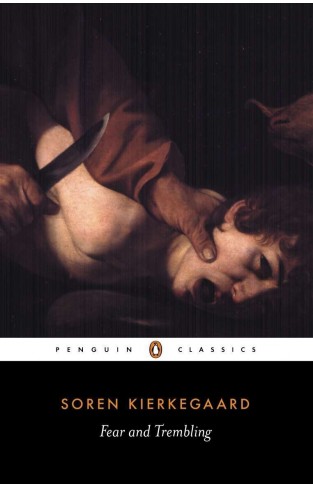

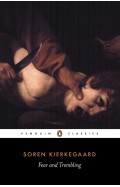
-120x187.jpg?q6)





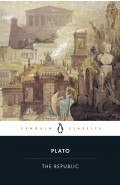

-120x187.jpg?q6)


